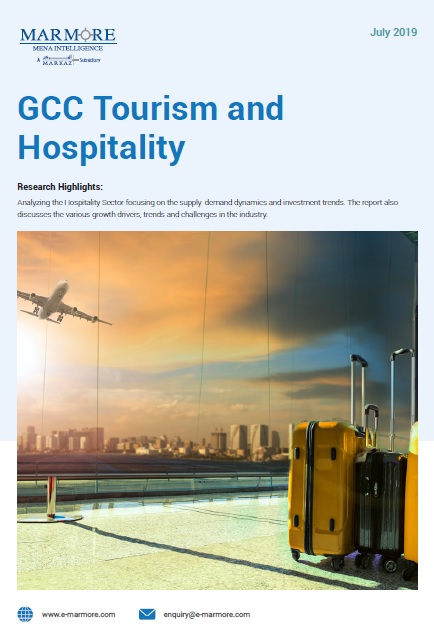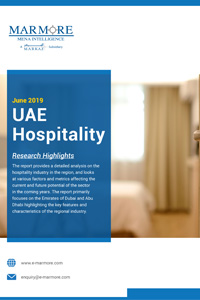GCC Tourism and Hospitality
July 09 , 2019
Request Full Report Download Executive Summary Download Executive Summary
Executive Summary
The GCC region is rich in hydrocarbon assets and is home to the largest proven crude oil reserves in the world. The region ranks as the largest producer as well as exporter of petroleum and plays a leading role in the global petroleum market and OPEC in particular. GCC countries account for 41% of the total OPEC oil reserves and 55% of the total OPEC crude oil production. However, with a widely shared strategic goal of diversifying away from the hydrocarbon sector, the GCC has been focusing on non-oil sectors. The hospitality sector (which is influenced by travel & tourism) is one such sector that can assist in diversification of the GCC economies. Expansion of private sector through reforms, investment of oil revenues in local non-oil economy, attracting higher international tourist arrivals and hosting of international events can drive the growth in the hospitality industry.
Partnering with the best hospitality consulting firms can help stakeholders navigate this growth, optimize investments, and leverage emerging opportunities in the GCC hospitality market.
As per our estimates, the GCC is home to 733,000 hotel rooms as of 2017. The GCC hotel pipeline consists of 1,156 projects worth USD 147.5Bn. Out of which, 724 are hotel projects worth USD 78Bn, 140 are resort hotels projects of worth USD 50Bn and 292 are hotel apartments of worth USD 19.5Bn. The GCC is expecting an additional 58,000 keys to enter the market in 2019 with Dubai, Makkah and Riyadh facing the highest increases in supply. According to data from hospitality industry service provider HVS Global Hospitality Services, the average occupancy rate for GCC is estimated to be 58% for the year 2017, whereas, the Average Daily Rent (ADR) for the year 2017 is estimated at USD 156.
Table of Contents
- Executive Summary
- Industry Overview
- GCC hospitality industry overview
- Industry metrics (Historical Vs Forecast)
- Market Forecasts
- Regional Market Structure
- Global Vs Local Players: Competitors or Partners?


